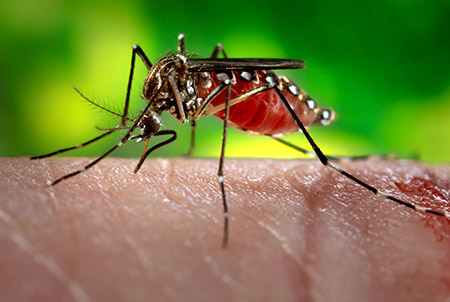It’s myth busting season around here and since we are all about staying safe, today we’ll be talking about….sex. And the myths around this topic. Unfortunately, some of these myths are peddled my men, especially when trying to lure younger women/girls into sexual activity. It is therefore important for all women/girls to know what is true and what is not in order to make informed decisions. It is also important to not only focus on unwanted pregnancy as the main consequence of unprotected sex.
Myth: You can get herpes (and other STDs) from a toilet seat.
Reality: Herpes simplex virus (HSV) is spread by direct skin to skin contact. Most other SEXUALLY TRANSMITTED INFECTIONS are spread via body fluids such as semen and/or blood, even saliva in some cases. Which is why they are classified as sexually transmitted.
So unless you and another person (who is infected) are sharing a toilet seat at the same time, the toilet is not likely to be a source of infection. Spread of disease from a toilet seat falls along the line of “ not very likely.” So while you might want to check to see if the seat is clean and dry before sitting, you can leave worries about herpes behind.

Myth: Sex is better when you’re young.
Reality: Sure, sex when you’re young may be faster and more athletic, but most sexually active older adults report having the most satisfying, emotionally rewarding sex of their lives. So don’t let anyone pressure you into starting to have sex earlier than you’re ready to for this flimsy reason.
There are many years of pleasurable and more meaningful sex ahead.

Myth: Condoms take the fun out of sex.
Reality: This is a very popular one. And an excuse many people use for being irresponsible. The trust is using the correct condom can enhance sex for both partners. Some men select the wrong size or shape condom and this can cause discomfort but if it’s the ideal fit, both parties can still achieve maximum pleasure.

Myth: You can use a condom more than once.
Reality: Please, condoms are really not that expensive. Many family planning clinics give them out for free incase cost is the problem. A condom should NEVER be used more than once under any circumstances.

Myth: A Pap test is an STD test.
Reality: Pap tests are not specific tests for any sexually transmitted disease or infection (STD/STI). While some women think (or assume) that they are being tested for STDs/STIs when they have a Pap test, this is not the case. Talk to your healthcare provider about STD/STI testing and see if she or he recommends any tests for you.

Myth: You can get HIV from a mosquito bite.
Reality: If this were true we would most likely all be infected. HIV is not transmitted by mosquitoes. Studies conducted by the Centers for Disease Control and Prevention (CDC) and elsewhere have shown no evidence of HIV transmission from mosquitoes or any other insects—even in areas where there are many cases of AIDS and large populations of mosquitoes. Which is very great news for us in Nigeria.

Myth: You can’t get an STI just through oral sex.
Reality: Many people decide to avoid penetrative vaginal sex because they assume that it is safer. However, During oral sex,and infected person can transmit the infection to their partner. Not all STIs are transmitted through oral sex, but some are. For example, if your partner has a cold sore (oral herpes) and performs oral sex on you, you could become infected with herpes in your genital area.

Myth: Period pain stops when you start having sex.
Reality: There is no proof that this is true. Because it’s not. What happens when you have sex for the first time is that some tissue (known as the hymen) gets broken which is why some women may bleed, however the hymen has nothing to do with menstrual pain in most women, so the absence of a hymen due to penetrative sex does not help to relieve menstrual pain.

Many sexually transmitted infections can have very damaging consequences and some are not even curable, therefore always endeavour to first protect yourself when engaging in consensual sex acts.






